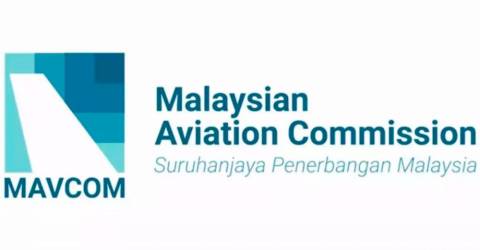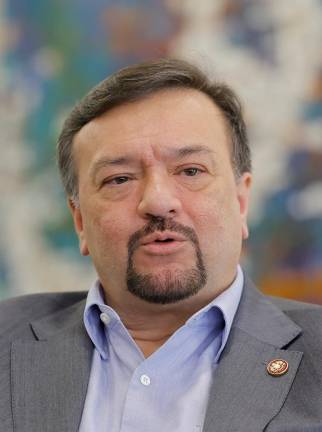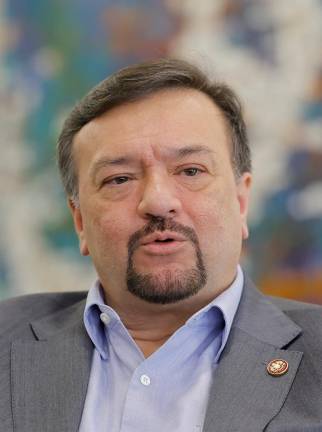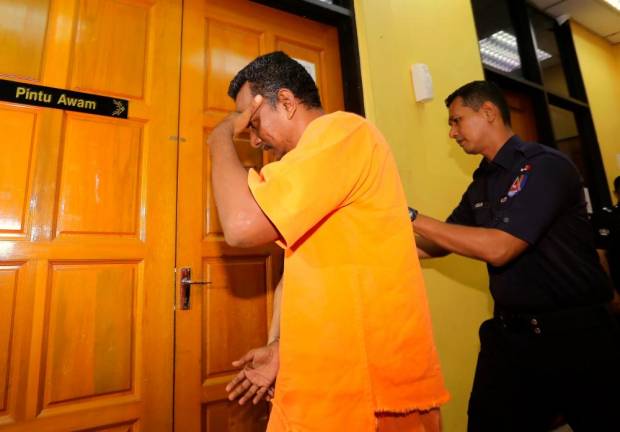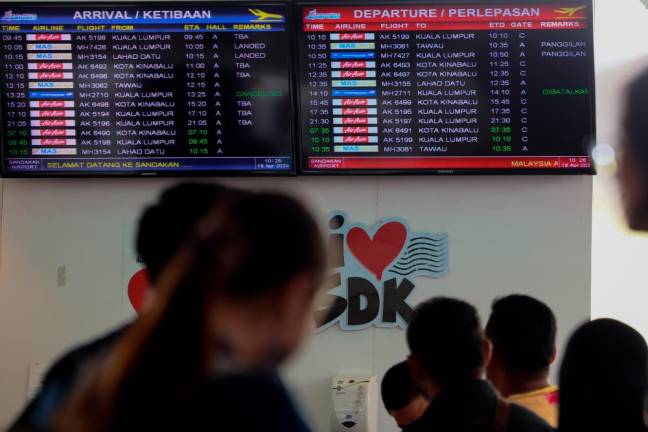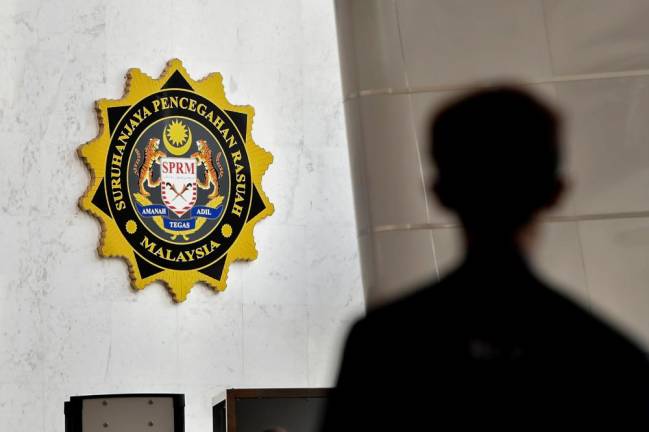KUALA LUMPUR: The global aviation industry, which has seen global passenger traffic plunge by an average of 67% in the week of April 27, 2020 compared to a year ago due to the Covid-19 pandemic, has led many governments to step in and provide relief.
Malaysian Aviation Commission (Mavcom) said the industry, recognised as a key strategic sector in connectivity and essential economic activities, was offered various forms of assistance such as waivers or deferment of fees, subsidies, equity, debt, and route support by governments.
In a commentary, Mavcom acknowledges that in Malaysia, the government, through the Economic Stimulus Package announced in February 2020, had proposed a 15% discount on monthly electricity bills to airlines, rental rebates, as well as aircraft landing and parking rebates.
Though the waiver or deferment of fees, taxes and imposition of subsidies were useful immediate steps, the commission opines that these may impact operators’ (airport operators and air navigation service providers) and governments’ cashflow if maintained over a longer period.
There were also administrative costs for the government to disburse and monitor funds, as well as any impacts on the future tax burden.
Driven primarily by socioeconomic needs, the Malaysian government also decided to support a network of routes, including the continuation of rural air service operations in Sabah and Sarawak throughout the Movement Control Order (MCO) period to provide essential transport for remote communities.
Mavcom sees such type of government assistance as most palatable to all stakeholders, given the importance of connectivity and transportation links.
It is the government’s moral obligation to ensure that no one is left behind when it comes to giving aid, and that includes meeting the essential transportation needs for all communities, the civil aviation body said.
But any financial assistance is predicated on good governance practices, it stressed.
As there are no current laws or guidelines on government assistance, it said the government should ensure that any specific financial assistance is provided out of a framework consisting of identified principles, clear objectives, and provided only as a last resort.
“Drawing from other jurisdictions, a framework with certain principles, which are non-discriminatory, have clear objectives, well-defined targets and are accountable and transparent, should be established.
“This is an opportunity within the crisis to embark on best practices, therefore clear and transparent framework for government assistance should be created, similar to other countries such as the European Union member states, the United States, Australia, and Japan,” it said.
According to the International Civil Aviation Organisation, the plunge in passenger traffic due to Covid-19 has resulted in airlines, airport operators and ground handlers experiencing significant deterioration in revenues, with airlines forecast to lose up to US$314.0 billion (RM1.3 trillion) and airports up to US$97.0 billion (RM416 trillion) in 2020. — Bernama



